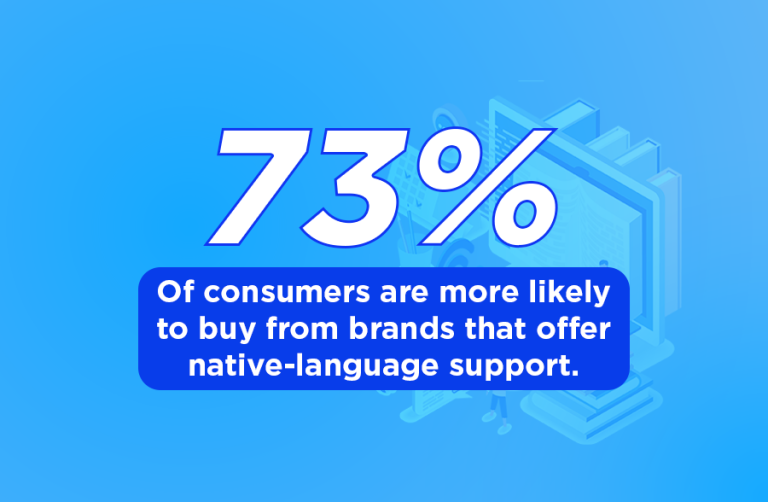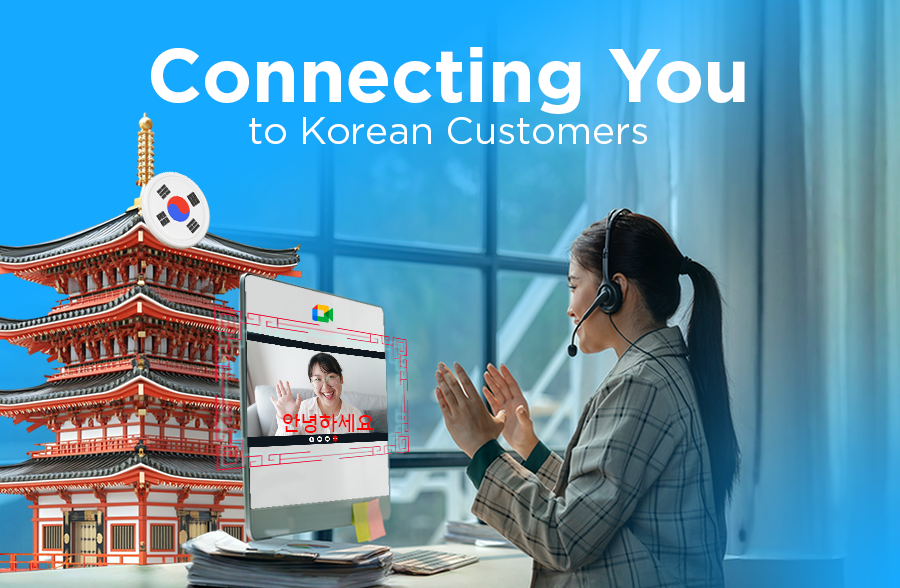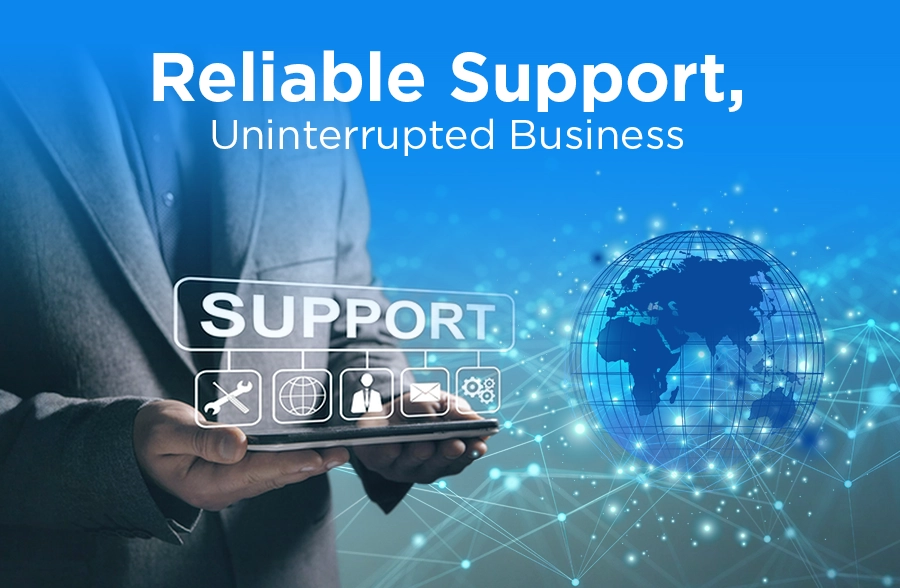Schedule a FREE call with our outsourcing expert now and get a precise quotation that meets your requirements. Don't wait - get started today!
You have a great product or service and want to share it with the world, and South Korea looks like the perfect market. But there’s a challenge. Your customers in Seoul, Busan, or Daegu want to talk to someone who understands them—not just their language but their culture, their needs, and their expectations.
Why South Korea is a Market You Can’t Ignore
South Korea is one of the most connected countries in the world. Over 95% of its population uses smartphones, and e-commerce is thriving. But entering this market isn’t as simple as translating your website into Korean.
1. The Language Barrier is Real
South Korean customers value respect and politeness. A simple misunderstanding due to cultural differences can cost you a sale. Native Korean speakers understand these nuances, ensuring your customers feel valued.
3. Timing is Everything
Operating during Korean business hours is key. South Korea is 13 to 16 hours ahead of the United States. A bilingual call center that operates 24/7 ensures you never miss a customer inquiry.
4. The Competition Is Fierce
So, how can you ensure your brand stands out? It starts with understanding how South Koreans communicate. South Korea’s market is competitive. Brands that offer exceptional customer service stand out. A Korean multilingual call center helps you stay ahead by delivering personalized support.
The Unique Communication Style of South Korean Customers
South Korean customers have a distinct way of communicating that sets them apart. Understanding this style is key to delivering exceptional service.
1. Indirect Communication Preferences
South Koreans often prefer indirect communication. They may not explicitly state their concerns. Instead, they expect agents to read between the lines. A skilled call center team can pick up on these subtle cues, ensuring customers feel understood without requiring them to express discomfort directly. This approach builds trust and fosters long-term relationships with South Korean clients.
2. The Role of Formality in Conversations
Formal language is highly valued in South Korea. Using the right level of politeness and honorifics can make a big difference in how your brand is perceived. Businesses that fail to adopt proper honorifics may come across as unprofessional or even disrespectful. A well-trained customer support team understands when to use formal speech and how to adjust their tone based on the customer’s status and relationship with the company.
3. The Importance of Listening Over Speaking
South Korean customers appreciate being heard. Agents who actively listen and show empathy can turn a simple call into a positive customer experience. Instead of rushing to provide a solution, they expect service representatives to acknowledge their concerns fully before offering assistance. This patience demonstrates respect and makes customers feel valued, increasing loyalty and satisfaction.
4. Handling Silence in Conversations
Silence is often used in South Korean communication to convey respect or thoughtfulness. Agents trained in this cultural nuance can navigate these pauses effectively. Rather than interrupting or assuming disengagement, a culturally aware representative understands that these moments allow the customer to reflect on the conversation. Knowing how to handle these silent pauses helps ensure a smoother interaction and prevents misunderstandings.
The Hidden Challenges of Serving South Korean Customers
While the South Korean market offers great opportunities, it also comes with its own set of challenges. Being aware of these can help you prepare better.
- Navigating Cultural Differences. South Korean culture places a high value on respect and hierarchy. Misunderstanding these cultural norms can lead to awkward situations. A culturally trained team can help avoid these pitfalls.
- Dealing with High Expectations. South Korean customers have high standards for service. They expect prompt, polite, and effective support. Meeting these expectations requires a skilled and dedicated team.
- Language Barriers Beyond Translation. While translation tools can help, they often miss the nuances of the Korean language. Native Korean speakers can provide a level of understanding that machines cannot.
- Time Zone Challenges. South Korea’s time zone is significantly different from many other countries. Providing 24/7 support ensures you’re always available when your customers need you.
The Role of Technology in Serving South Korean Customers
South Korea is one of the world’s most technologically advanced nations. Your call center must leverage the right tools and platforms to serve its customers effectively. Maintaining evolving technology is essential to meeting customer expectations and providing seamless support experiences.
1. Omnichannel Support is a Must
South Korean customers use multiple support channels—phone, email, chat, and social media. A call center that offers omnichannel support ensures no customer is left behind. Integrating these channels allows for a smooth transition between platforms, creating a seamless experience for the customer. Businesses that fail to provide consistent service across all channels risk losing customer trust and loyalty.
2. The Importance of AI and Automation
AI-powered tools can handle routine queries, freeing up your agents to focus on complex issues. This combination of technology and human touch delivers faster, more efficient service. Automated chatbots and voice assistants can provide instant responses, improving response times and reducing wait periods. However, AI should complement human interactions, not replace them, ensuring customers receive both efficiency and personalized attention.
3. Data Security and Privacy Concerns
South Korean customers are highly aware of data privacy issues. Your call center partner must comply with local regulations to protect customer information. The Personal Information Protection Act (PIPA) governs data security in South Korea, and businesses must ensure strict compliance. Failing to meet these standards can result in loss of customer trust and potential legal consequences.
4. Integrating CRM Systems
A robust CRM system helps track customer interactions and preferences. This data can be used to personalize future interactions, enhancing the customer experience. Real-time access to customer history allows agents to resolve issues quickly and efficiently. A well-integrated CRM also enables predictive analytics, helping businesses anticipate customer needs and improve satisfaction.

The Cost of Poor Customer Support in South Korea
Failing to meet customer expectations in South Korea can be costly. Here’s how poor customer service can impact your business:
-
Lost Sales Due to Communication Barriers
Many South Korean consumers prefer speaking in their native language. If they struggle to communicate with a brand, they are more likely to abandon the purchase and look for a competitor that provides Korean-language support. Businesses that fail to bridge the communication gap risk losing potential revenue.
-
Negative Online Reviews and Brand Damage
South Korean consumers rely heavily on online reviews before making a purchase. A single negative experience can quickly spread through platforms like Naver and KakaoTalk. Bad reviews can significantly harm your reputation and make it harder to attract new customers.
-
How Competitors Gain Market Share with Better Service
Companies that offer seamless, culturally aware customer support can easily win over South Korean customers. If your business does not meet their expectations, they won’t hesitate to switch to a competitor that does. Superior customer service can be a deciding factor in a competitive market like South Korea.
Training Call Center Agents for Korean Customer Expectations
To provide exceptional customer support in South Korea, your call center agents must be well-trained in cultural and communication nuances.
1. The Importance of Cultural Sensitivity Training
South Korean customers expect service representatives to show respect and understanding. Training agents in cultural sensitivity helps them navigate conversations with politeness and professionalism. This reduces the chances of miscommunication and improves customer satisfaction.
2. Understanding Korean Business Etiquette
South Korea places great emphasis on hierarchy and respect. Call center agents should be aware of the appropriate honorifics, formality levels, and etiquette when speaking to customers. Using incorrect language or an informal tone can be perceived as disrespectful and damage your brand’s image.
3. Handling Difficult Customer Interactions the Right Way
South Korean customers may not always directly express dissatisfaction. Instead, they may expect service representatives to understand their concerns through subtle cues. Training agents to recognize these signals and respond appropriately can help resolve issues before they escalate.
The Environmental and Social Impact of a Korean Multilingual Call Center
Today’s customers care about more than just products—they care about values. A call center can help you align with South Korea’s growing focus on sustainability and social responsibility. Companies that prioritize ethical business practices can gain stronger customer loyalty and a competitive edge.
1. Reducing Carbon Footprint Through Remote Support
A call center operating remotely can reduce your business’s carbon footprint. This aligns with South Korea’s increasing focus on environmental sustainability. By minimizing the need for physical office spaces and daily commutes, businesses can contribute to lower emissions and energy consumption.
2. Supporting Local Employment
Partnering with a call center that hires native Korean speakers supports local employment. This can enhance your brand’s reputation in the South Korean market. Investing in local talent strengthens the economy and ensures a more authentic and culturally attuned customer experience.
3. Promoting Inclusivity Through Multilingual Support
Offering support in Korean and other languages promotes inclusivity. This resonates with South Korea’s diverse and globalized customer base. Businesses that embrace linguistic diversity can reach a broader audience and improve customer satisfaction across different demographics.
4. Aligning with South Korea’s CSR Expectations
South Korean consumers value corporate social responsibility (CSR). A call center that shares these values can help you build a positive brand image. Demonstrating a commitment to ethical labor practices, environmental initiatives, and community involvement can enhance brand trust and customer loyalty.
Your Bridge to South Korean Customers
Ready to expand your reach in South Korea? A Korean multilingual call center can help you connect with customers, provide seamless support, and build trust. It’s more than just translation—it’s about cultural understanding and customer satisfaction.
Book your FREE 60-minute business consultation today! Let’s discuss how Magellan Solutions can enhance your operations. Our services include multilingual call center support, 24/7 customer service, and customized solutions for SMEs. No commitments—just expert insights tailored to your business. Don’t miss the chance to engage with the South Korean market effectively. Let’s make it happen!
















